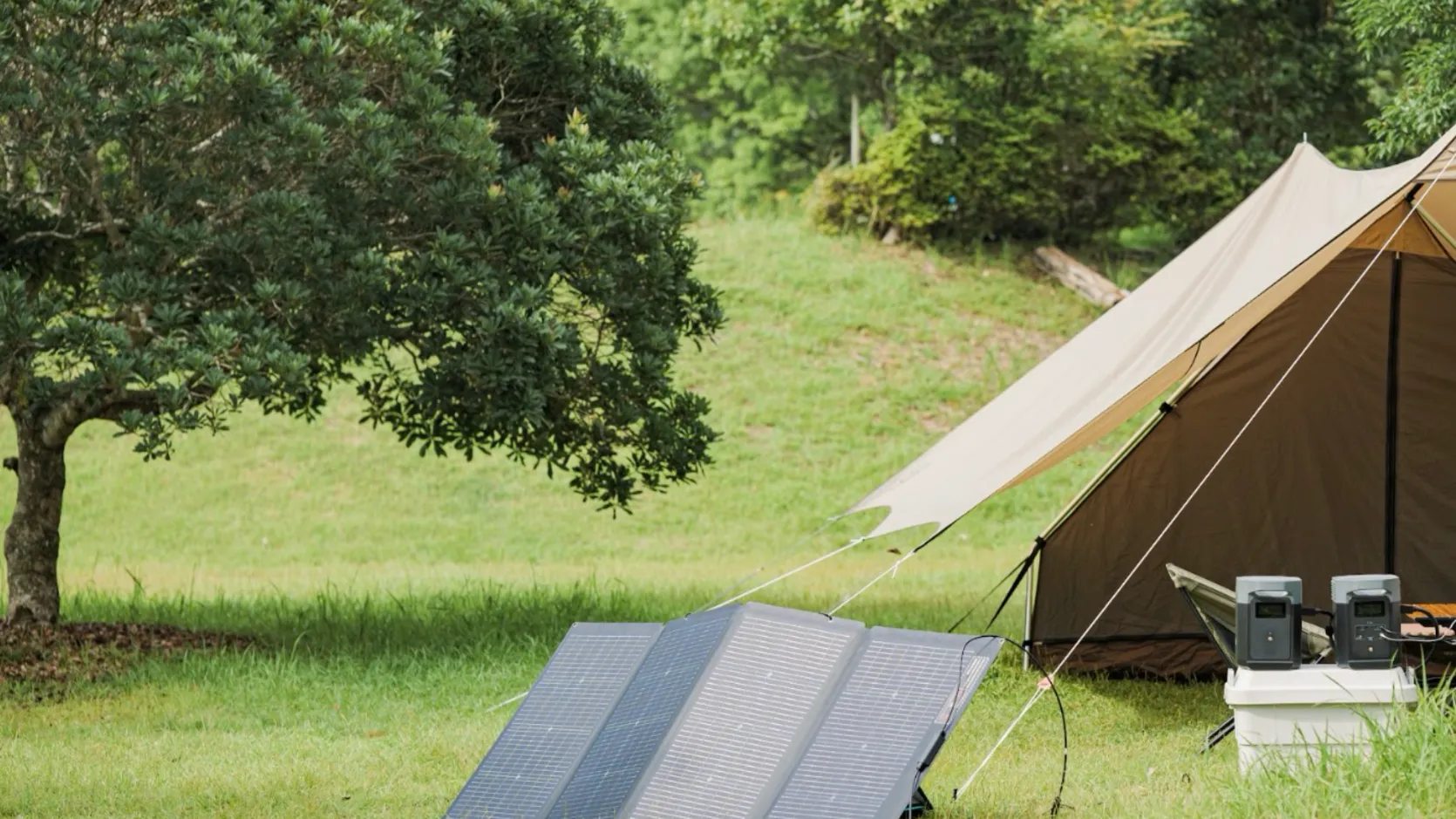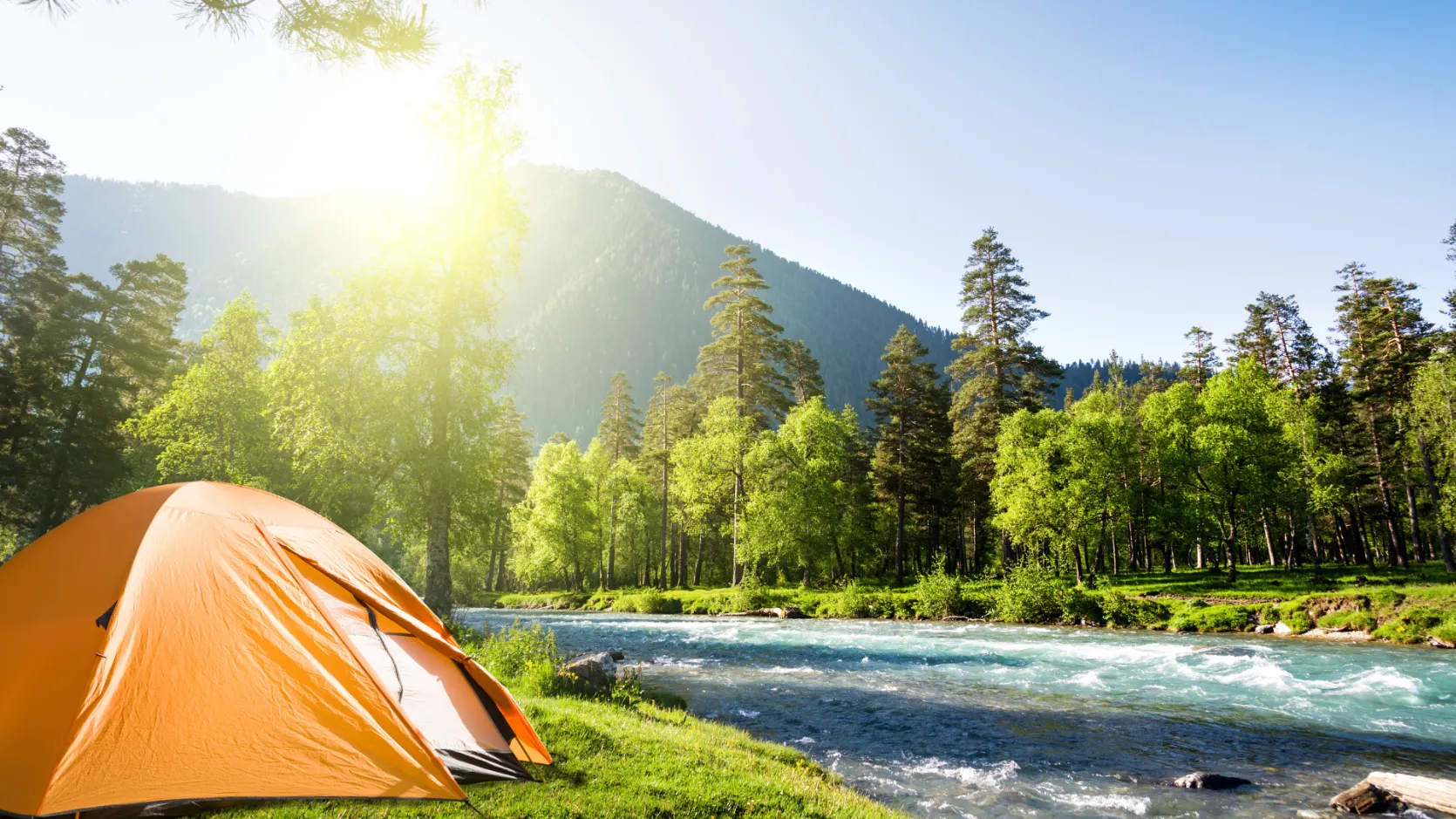Essential Gear: What to Take with You Camping
Think about getting close to nature any time of year. Canada’s got some awesome spots, like Ontario's clear lakes, British Columbia's wild coasts, and Saskatchewan's big prairies. To make the most of your trip, planning is really important. This guide covers the must-have stuff you'll need, whether you're planning a quick trip or a longer stay. I'll also chat about different times of year and what to keep in mind for camping all over Canada.
Essential Things to Bring – Your Camping Gear List
Making a checklist before you go is a really smart move. Here in Canada, towns can be far apart, so forgetting something important can really mess up your trip. This list will help you stay comfy and safe, whether you're camping overnight in Algonquin Park or driving an RV across the Rockies for weeks.
Food and Cooking Supplies
Food for Short Camping Trips
When you're just getting away for a night or two, keep the grub simple. Think sandwiches loaded, protein bars, nuts, apples, oranges, and quick soups. Imagine chilling at Algonquin Park, munching on an apple as the sun dips. Easy food, easy times.
Food for Longer Camping Trips
Got a long trip planned? Pack foods that last. Pasta, rice, and oatmeal are great basics. Vacuum-sealed meats and hardy veggies like carrots and potatoes hold up well. And to keep things fresh, a portable fridge freezer is what you need. Many campers in Canada also bring a small grill or camp stove. Nothing beats grilling hot dogs or roasting marshmallows under a sky full of stars.
Don’t forget the cookware and coffee maker. Seriously, a hot cup of coffee by a misty lake in the Rockies? That could make the whole trip.

Power Supply for Camping Trips
When you're camping, particularly in Canada's wild spots, having electricity can make your trip way better. It's helpful for charging stuff and running cooking gear, so you're not stuck without power.
Portable Power Supply for Short Trips
If you’re just camping for a night or two, a small power bank is usually good enough. The EcoFlow RIVER 2 Portable Power Station is small but strong, great for charging things like phones, headlamps, and cameras. Whether you're taking pictures of animals in Jasper National Park or just need to keep your GPS working while hiking, this little tool keeps you online when it matters.
Power Stations for Extended Trips
If you’re staying out longer, you’ll need more power. The EcoFlow DELTA 2 Max Portable Power Station is big and can do a lot, like run a fridge, lights, and even some small cooking devices all at once. It’s great for families or groups camping way out in British Columbia’s woods or on Newfoundland’s rough coast. If you can count on having power, you can have lights for playing games at night, keep your food cold, and even charge laptops if you need to. For Canadians who like RV camping, a portable power station is almost a must.
Cooling and Comfort Essentials
Camping isn’t just about roughing it; it’s about having a good time. You might not think you need comfy stuff, but trust me, it can turn a tiring trip into an awesome one.
For Short Trips
A canopy or tarp for shade, a little battery fan, and some cooling towels can seriously improve those quick summer getaways. Like, out on the prairies, the sun can be crazy strong, and these things are a lifesaver for staying cool.
For Long Trips
When you're out for days during those hot, wet summers, staying comfy matters way more. The EcoFlow WAVE 3 Portable Air Conditioner can keep your tent or RV nice and cool, even when it's sweltering. Add some comfy camping chairs, hammocks, and picnic mats, and you’ve got that perfect campsite to chill at after a day of hiking.
Shelter and Sleeping Gear
A sweet campsite and good sleep? That's what makes or breaks a camping trip. Skip the Zzz's, and you'll feel drained, not energized.
Basic Essentials
Tent, trusty sleeping bag, and pad? Check, check, and check. Northern Canada nights can get cold. A good sleeping bag gives you warm rest so you're set for the next day's fun.
Upgraded Gear for Longer Camping
Planning a long haul? Grab a four-season tent for a great weather shield, a warm sleeping bag, and an air mattress for comfort. If you're in places like Yukon, where things can get wild, these are vital. Somecampers even take cots to sleep away from the cold, wet ground.
Clothing and Personal Essentials
What you wear can really change how your trip goes, mostly 'cause the weather's all over the place.
For All Trips, bring clothes that let your skin breathe, good hiking boots, and a rain jacket. The weather can change on you fast. A nice morning can turn rainy super quickly. If you're hiking on Vancouver Island, rain gear is a must.
For Extended Camping: If you're camping for a while, layers are the way to go. Like thermal layers, socks, a jacket that keeps water out, and one of those mosquito net hats. In Nova Scotia, mornings can be foggy, but afternoons can be sunny. So, layers get you ready for anything. Hats, gloves, and sunscreen are also key. You can still get a sunburn even when it's cold.
Little things like soap, a toothbrush, and a towel make long trips way better. Some folks bring blankets for sitting by the fire at night.
Safety and Miscellaneous Gear
Okay, check it out! Camping is super fun, but safety first, right? Getting ready ahead of time just makes things way easier.
Essential for Every Trip
A headlamp is a must, plus a first-aid kit, bug spray, and a lighter that works. Seriously, those Ontario bugs will feast on you if you're not prepped. Oh, and grab some flashlights or lanterns – campsites get super dark! Don't forget extra batteries, too.
Recommended for Longer Trips
Going deep into the bush? Pack extra batteries, a bigger first-aid kit, walkie-talkies or a satellite phone, and maps just in case your GPS goes haywire. For fun, bring a hammock, a speaker, and some good books. Tons of folks here love hanging in hammocks by the lake, listening to tunes, and watching the northern lights.
Seasonal Camping Considerations
Camping in Canada is awesome year-round, but each season? Totally different feel and new stuff to deal with! Pack smart, and you'll have a great nature trip, no matter when you go.


Summer Camping Essentials
Summer's prime time for camping, but heat and bugs can be a drag. Stay cool with sunscreen, bug spray, clothes that breathe, and a hat. If you're near water, grab a light jacket—it gets cool when the sun goes down. Think Ontario in July: hot days, but chilly nights, especially in the woods.
Winter Camping Essentials
Winter camping in Canada? Whole different ballgame! Staying warm is the name of the game. You need a sleeping bag rated for below-freezing weather, thermal layers, warm boots, and a heater could be good. People camping in Banff National Park, Alberta? They ski and camp in the snow. Right gear? Awesome. Wrong gear? Not awesome.
Camping in Rainy Weather
Rain doesn't need to wreck your trip! A little planning, and you're good. Waterproof tents, tarps, dry bags, and rain covers? Gotta have them. Camping near the coasts of British Columbia or New Brunswick? Lots of rain, so rain gear's a must. Being comfy matters, but wet clothes get dangerous when it's cold.
Other Tips for a Better Camping Trip
Here's how to up your camping game. Here are some simple tips to make things safer, comfier, and keep our planet happy.
Check the Weather Forecast in Advance
The weather can be crazy. It can flip fast, and it's different all over. Even in summer, pack rain gear! Many campers check park websites for trail closures or fire bans. Knowing this stuff beforehand can save your butt.
Stay Hydrated and Prevent Heat Stroke
Bring lots of water! If you're getting it from rivers or lakes, clean it first. It's easy to dry out when it's hot, so relax and take breaks. If you're hiking, use a water backpack - carry more and keep your hands free!
Extra Care for Children and Seniors
Make sure there's shade, comfy chairs, and easy snacks. Older people may like a raised cot. Kids will be happy with some games that will keep them busy. Colouring books, card games, or scavenger hunts can make their trip amazing.
Respect Nature and Leave No Trace
Canadians care about our planet. Pack out your trash, keep campfires small, and don't mess with the animals. Follow Leave No Trace rules so everyone can enjoy these places forever. Teach kids why caring for nature is key.
FAQ
What are the most important things to bring camping for beginners?
So, you're new to camping? Cool. At the very least, grab a tent that can handle the weather, a warm sleeping bag, grub and water, a first-aid kit (just in case), and a flashlight or lantern, so you don't trip in the dark. After you've got these basics, you can include extras as you get more used to it, such as cooking stuff to fancier comfort items.
Do I really need a camping gear list?
Yep, make one. Trust me, it's super helpful. A list makes sure you remember must-have things, especially when you're in the wilderness. It can also stop you from carrying a ton of stuff you don't need. Campers change their lists all the time, depending on the area. For example, rainy spots like British Columbia might need an extra raincoat. On the flip side, in dry places like Alberta, you might want bear spray.
How do I keep food safe without a cooler?
Don't fret! Go for grub that keeps like dried stuff, bagged meats, and hardy produce such as potatoes and carrots. Seal everything up nice and tight, and keep it out of direct sun. If bears are a worry (and they usually are), use bear-proof stuff or hang your food way up high.
Can I use a regular power bank for camping, or do I need a power station?
For a quick trip, a normal battery should do the trick for phones and small gadgets. If you're out for longer, or if there are many people, a beefier battery comes in super handy.
What mistakes should I avoid on my first camping trip?
Lots of people get the weather totally wrong, forget bug spray, don't pack enough eats, or think they can cook everything on the fire. It's smart to have Plan B. Also, don't ever leave trash behind. That's just bad! Steering clear of these simple errors will make a huge difference.
What are the must-have RV camping essentials?
RV camping essentials need you to get your power sorted, pack a mini-fridge, cookware, containers, maps or GPS, and something comfy to sleep on. Bringing the family? Toss in a grill, some games, or on-the-go exercise stuff to break up long drives.
Conclusion
Camping in Canada? It's way more than just pitching a tent. It's about soaking up the Canadian vibe while getting your nature fix. Get the right stuff, and you're set for comfort, safety, and a total dive into Canada's awesome scenery. Quick trip to a lake nearby or a big RV trek across the country, a little prep work means you're in for memories that last.